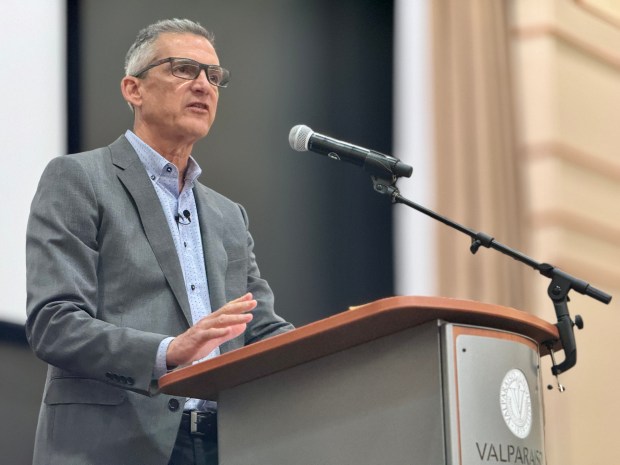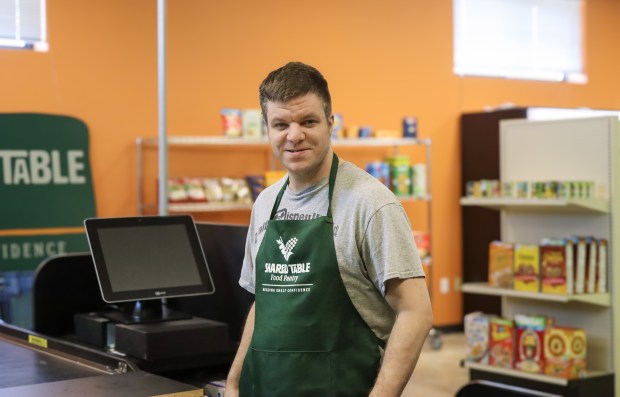Dear Mr Bradshaw,
My husband and I have two children in grades nine and 11 and we have a number of friends who have hired college consultants to work with their children. I never heard of this when I was seeking college admission but with the recent headlines about the abuse of the process, it appears that this has been a growing trend.
Signed,
Parent
Dear Parent,
College consultants have become a significant part of the modern college admissions landscape, reflecting both the increasing competition for limited spots at selective universities and the growing complexity of the admissions process itself. While this trend may not have been prevalent during your time, the use of consultants has rapidly grown in recent years, driven by several factors. In particular, the rise of international applicants and the perception that early and personalized preparation is critical have changed how families approach college admissions.
The Globalization of College Admissions
A key difference between the college admissions process today and that of previous generations is the dramatic increase in international applicants. According to the Institute of International Education, over 1 million international students were enrolled in U.S. colleges in the 2022-2023 academic year. This represents a substantial portion of the applicant pool, and many of these students come from countries where the use of educational consultants and academic prep schools is already a well-established practice. Countries like China, India, South Korea, and Japan have seen a rise in the demand for these services, with families willing to spend significant sums of money to give their children a competitive edge.
In Japan, for example, “cram schools,” or juku, are highly popular. These private institutions prepare students for the country’s rigorous university entrance exams, a process that can begin as early as elementary school. According to a report by the National Center for Education Statistics, around 40% of Japanese high school students attend these prep schools. The intense pressure to secure a place at top universities in Japan, China, and other countries leads many students to seek out additional academic support. This culture of test preparation has influenced international students applying to U.S. colleges, where high standardized test scores and well-crafted application essays are critical components of a competitive application.
As a result, American students now find themselves competing not only with domestic peers but also with a growing number of highly prepared international applicants. This increased competition has fueled the demand for college consultants in the U.S. as well, as parents seek to ensure their children are just as prepared as their global counterparts. According to a 2023 report by the Independent Educational Consultants Association (IECA), the number of students using college consultants has grown by 10% annually in recent years.
The U.S. Admissions Landscape: Rising Stakes and Limited Resources
In the United States, the college admissions process has become more complex and competitive, particularly at elite institutions. The National Association for College Admission Counseling (NACAC) notes that acceptance rates at top-tier schools have steadily decreased over the past decade. For example, Harvard University’s acceptance rate for the Class of 2027 was a record-low 3.4%, a significant drop from 10.5% just 20 years ago.
As competition intensifies, many families have turned to private consultants to help guide their children through the process. These consultants offer a range of services, from test preparation and essay coaching to extracurricular planning and leadership development. According to a survey conducted by a leading college admissions consulting firm, 75% of students who work with consultants are applying to highly selective schools where every aspect of the application is scrutinized. In this high-stakes environment, parents believe that personalized advice and support can make a significant difference.
At the same time, public resources for college counseling are often limited. A 2022 report from the American School Counselor Association (ASCA) found that the national student-to-counselor ratio in U.S. public schools is 424-to-1, well above the recommended ratio of 250-to-1. This shortage means that many students receive minimal guidance when it comes to college planning. In some high schools, counselors are responsible for hundreds of students, leaving little time for individualized attention. As a result, families with the financial means are increasingly turning to private consultants for help.
The Impact of the Admissions Scandal
The 2019 college admissions scandal, commonly known as “Operation Varsity Blues,” brought to light the darker side of this burgeoning industry. Wealthy parents were found to have paid large sums of money to secure their children’s admission to elite universities through fraudulent means, including falsified athletic profiles and bribed test proctors. The scandal cast a shadow over the college admissions process and raised questions about the fairness and integrity of the system.
In response, many colleges and universities have since reevaluated their admissions policies. The American Association of Collegiate Registrars and Admissions Officers (AACRAO) has been at the forefront of these efforts, hosting conferences to discuss how to create a more equitable admissions process. One of the key topics has been how to ensure that the use of consultants, while widespread, does not disadvantage students who lack access to these resources. Some schools have implemented new policies to limit the influence of outside consultants on the admissions process, while others have called for greater transparency in how applications are evaluated.
Despite these efforts, the use of college consultants remains common, particularly at top schools. According to the IECA, more than 25% of students admitted to Ivy League schools in 2023 worked with a private college consultant. Admissions officers, however, generally cannot determine which students have received outside help, as coaching is often subtle and focused on refining essays or guiding extracurricular choices rather than overtly manipulating the process.
Navigating the Admissions Process
With over 5,300 colleges and universities in the U.S., the admissions process can be overwhelming for many families. While the vast majority of these schools do not have the hyper-selective admissions standards of Ivy League institutions, the complexity of the application process — along with the increasing pressure to stand out — has led many families to seek help from consultants.
As schools become more selective and public resources remain limited, reputable college consultants can provide valuable guidance. For families navigating this complex process, consultants can offer personalized support to help students develop their academic profiles, select appropriate schools, and present themselves in the best possible light. While not essential for all students, the rise of consultants reflects the growing competitiveness and sophistication of the college admissions landscape.
Gerald Bradshaw is an international college admissions consultant with Bradshaw College Consulting in Crown Point.





